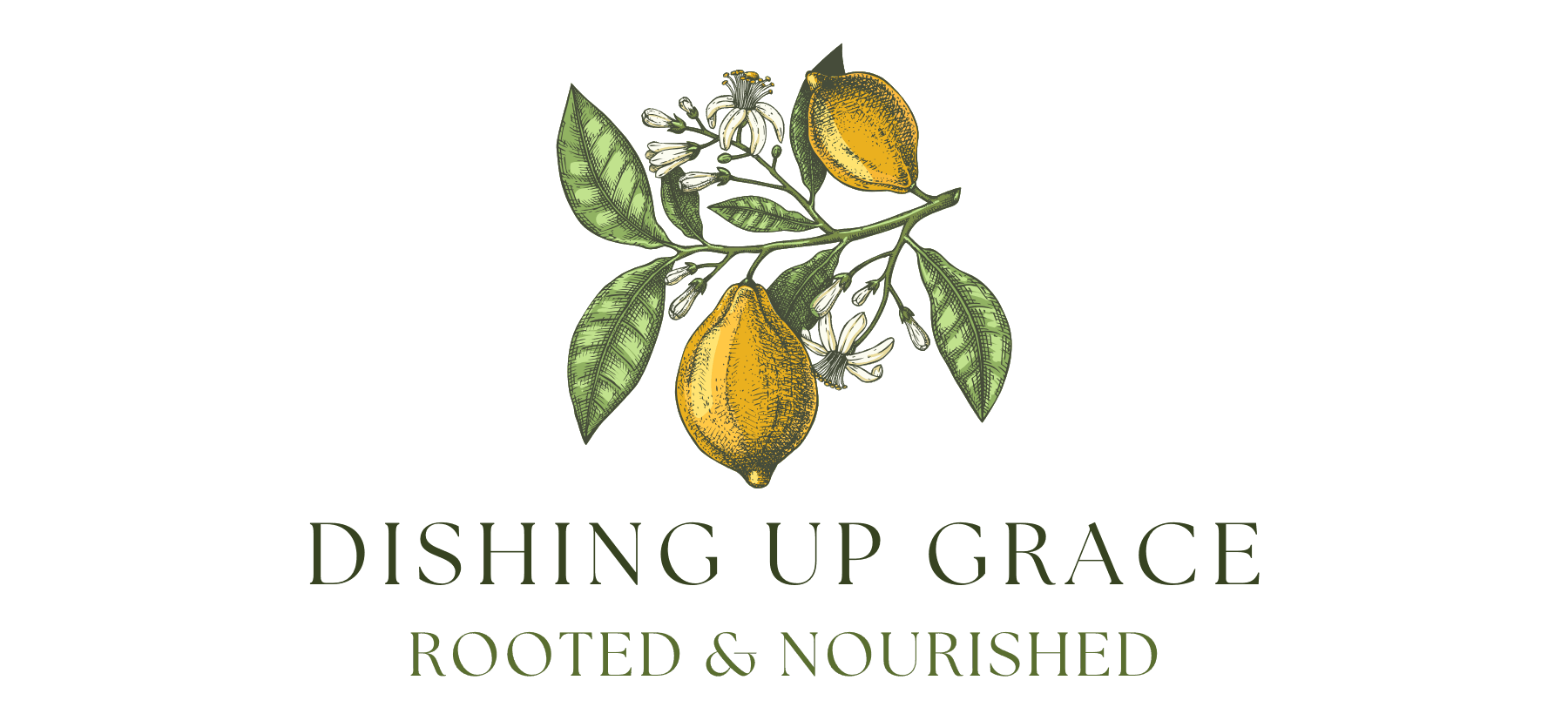Why let fresh herbs get all the glory? Don’t get me wrong, fresh herbs are a part of my daily cooking routine, so I definitely have to give them props. However, my cooking wouldn’t be nearly as flavorful if it weren’t for my dried spices. While my spice cabinet tends to look like a hodgepodge of bags, tins, and glass bottles, there truly is a method to my madness, I promise!
Dried spices are great for use in soups, stews, and slow cooker creations, mostly because they release more flavor the longer they cook. Dried spices in their whole form contain essential oils that, when released into food, have some amazing health benefits. Today, we’ll go over a few basic, but highly underused whole spices that will perk up even the most “blah” of weeknight dinners!
Coriander
If you’ve ever grown cilantro, you know how annoyingly short the growing season is for this commonly used herb. One day, you’re cutting fresh green leaves to sprinkle onto your tacos, and the next you go outside to see a dried sad little plant that has gone to seed.
However, we can look at this as an opportunity! Grab those seeds and let them dry—that’s coriander! This bright, almost citrusy-flavored spice comes in whole and ground varieties, and is readily available at almost any grocery store. The benefits of coriander range widely and cover many body systems. Here are just a few:
-Urinary tract health: may help with UTI recovery
-Supports healthy menstrual function
-Might help prevent colon cancer
-Lowers blood sugar
-Lowers blood pressure
-Helps calm digestive upset
Coriander is a fantastic addition to chili and stew, and the whole seed goes great in bread and butter pickles. It’s also a major component in homemade taco seasonings. To save money, buy the whole seed and grind it in a spice grinder when you need it ground.
Cloves
You know that warm, spicy, sweet scent that welcomes you to a hot cup of apple cider? That one underneath the cinnamon? Yes, that’s cloves.

Cloves are the dried, unopened flower buds of a certain species of evergreen tree. Their flavor is very warm, sweet, and strong. Wars were once waged to control the clove trade, it was so highly coveted. In the Molucca islands, a clove tree was planted for every child born, and also believed that the life of that tree was actually linked to the fate of that child! Cloves have an amazing history behind them, as well as some fantastic health benefits:
-Soothes toothaches (dentists use clove oil in packing for dry sockets)
-Treats nausea
-Improves digestion
-Helps joint pain
-Headaches and earaches
-stress relief
-Joint health
-Acne treatment
Cloves are a classic additive to gingerbread, pumpkin pie, muffins, and many other sweets. Quick tip: Pour apple cider into a slow cooker, add a cinnamon stick, orange slices, and a few cloves to impress the guests at your next holiday party! Your house will smell amazing!
Fennel Seed
Being known as a spice that tastes like licorice, most people may think they don’t like fennel. However, you’re probably eating it without knowing it! Fennel is typically thought of as the bulb vegetable related to the carrot, that has a very strong taste that accompanies fish very nicely. The fronds are an herb that is great in salads, and the plant also produces tiny yellow flowers bearing the seed, which is dried and used in many dishes.

The fennel plant has it’s roots planted in Ancient Greek history, and even makes it’s way into poetry more recently in Longfellow’s “Goblet of Life” in 1842. He actually cites one of the many health benefits in his poem. There are quite a few:
-Good for eyesight
-Anti-Inflammatory
-Antioxidant
-Cancer fighter
-Battling Alzheimer’s disease
-Helps control diabetes
-Cardiovascular health

Fennel seed is used in many middle eastern dishes, and is also eaten as an after-meal breath freshener in certain parts of India. The most common place we see Fennel seed is in Italian sausage. It’s used in many egg, fish, and meat dishes, as well as many soups and stews. See, you’re eating it without even knowing! It’s also a main component in Chinese 5 spice powder, which is a common spice in my kitchen. To release the flavor of the essential oils in fennel, be sure the seeds are green. If they have gone gray, they’re old. Take a teaspoon or so in your hands and rub them vigorously between your palms before adding them to your food. You’ll be surprised at the aroma it adds!
I hope this little review of these spices has inspired you to get out of your comfort zone and explore the world of spices available to you!
Happy Cooking!


